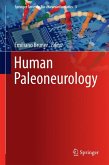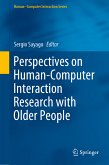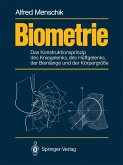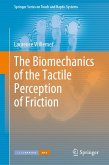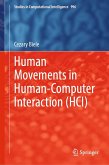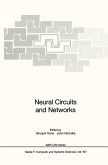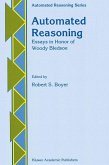This book offers readers fresh insights on applying Extended Reality to Digital Anatomy, a novel emerging discipline. Indeed, the way professors teach anatomy in classrooms is changing rapidly as novel technology-based approaches become ever more accessible. Recent studies show that Virtual (VR), Augmented (AR), and Mixed-Reality (MR) can improve both retention and learning outcomes.
Readers will find relevant tutorials about three-dimensional reconstruction techniques to perform virtual dissections. Several chapters serve as practical manuals for students and trainers in anatomy to refresh or develop their Digital Anatomy skills. We developed this book as a support tool for collaborative efforts around Digital Anatomy, especially in distance learning, international and interdisciplinary contexts. We aim to leverage source material in this book to support new Digital Anatomy courses and syllabi in interdepartmental, interdisciplinary collaborations.
Digital Anatomy - Applications of Virtual, Mixed and Augmented Reality provides a valuable tool to foster cross-disciplinary dialogues between anatomists, surgeons, radiologists, clinicians, computer scientists, course designers, and industry practitioners. It is the result of a multidisciplinary exercise and will undoubtedly catalyze new specialties and collaborative Master and Doctoral level courses world-wide. In this perspective, the UNESCO Chair in digital anatomy was created at the Paris Descartes University in 2015 (www.anatomieunesco.org). It aims to federate the education of anatomy around university partners from all over the world, wishing to use these new 3D modeling techniques of the human body.
Dieser Download kann aus rechtlichen Gründen nur mit Rechnungsadresse in A, B, BG, CY, CZ, D, DK, EW, E, FIN, F, GR, HR, H, IRL, I, LT, L, LR, M, NL, PL, P, R, S, SLO, SK ausgeliefert werden.
Es gelten unsere Allgemeinen Geschäftsbedingungen: www.buecher.de/agb
Impressum
www.buecher.de ist ein Internetauftritt der buecher.de internetstores GmbH
Geschäftsführung: Monica Sawhney | Roland Kölbl | Günter Hilger
Sitz der Gesellschaft: Batheyer Straße 115 - 117, 58099 Hagen
Postanschrift: Bürgermeister-Wegele-Str. 12, 86167 Augsburg
Amtsgericht Hagen HRB 13257
Steuernummer: 321/5800/1497
USt-IdNr: DE450055826
Bitte wählen Sie Ihr Anliegen aus.
Rechnungen
Retourenschein anfordern
Bestellstatus
Storno



